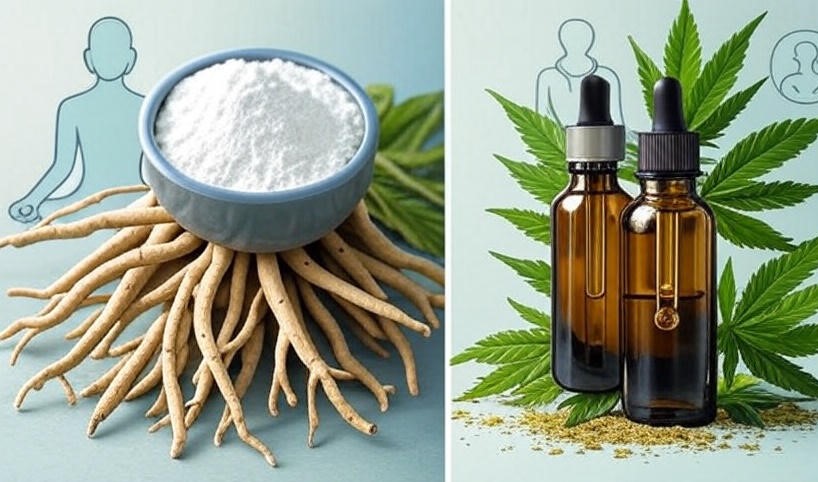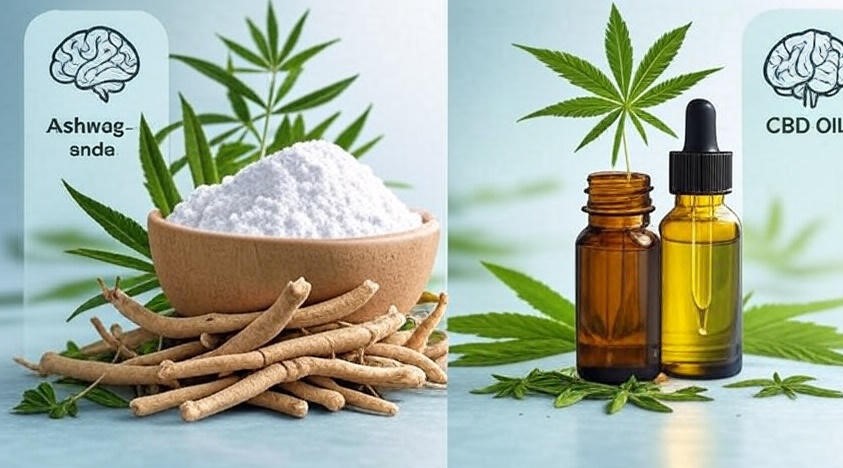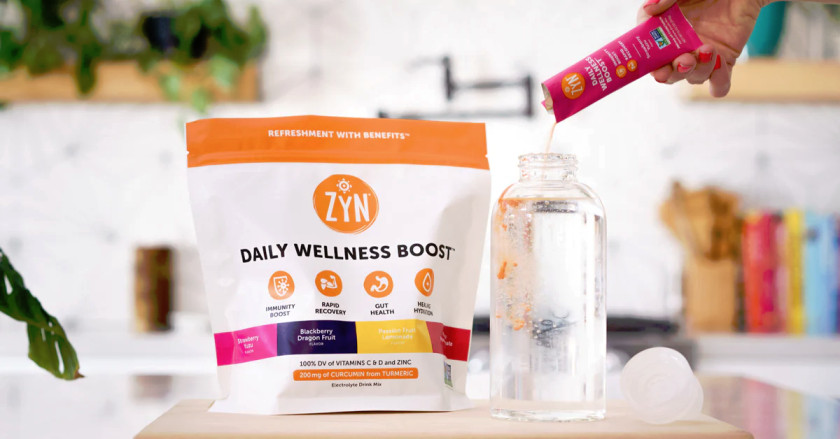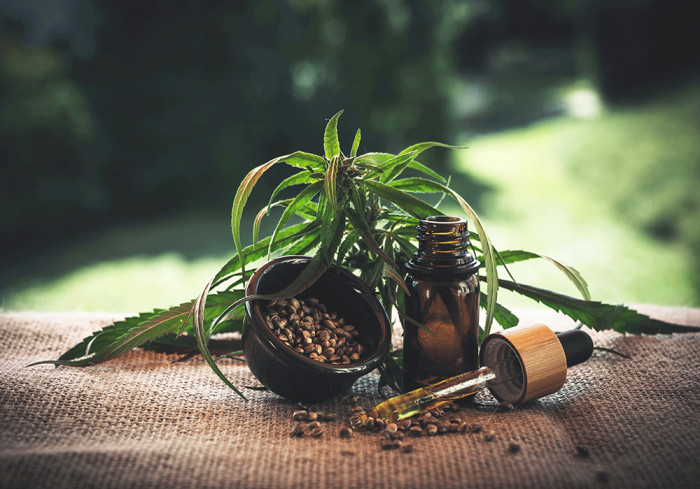In recent years, natural remedies for anxiety have gained significant attention, with many individuals seeking alternatives to conventional pharmaceutical treatments. Anxiety disorders affect millions of people worldwide, leading to physical, emotional, and cognitive challenges. Two of the most discussed options for natural anxiety relief are Ashwagandha, an ancient adaptogenic herb rooted in Ayurvedic medicine, and CBD (Cannabidiol), a non-psychoactive compound derived from the hemp plant. Both have been reported to offer relief from stress and anxiety, but their mechanisms, onset of action, and overall benefits differ. This article explores Ashwagandha vs CBD – What’s Better for Anxiety? by examining their effects, scientific backing, dosage guidelines, potential risks, and practical applications in daily life.
Natural remedies have become increasingly popular because they are perceived as safer alternatives to prescription medications, which can often have side effects such as drowsiness, dependency, or other long-term health risks. Understanding the differences between Ashwagandha and CBD can help individuals make informed decisions that align with their health goals, lifestyle, and specific anxiety triggers.
Understanding Ashwagandha
What is Ashwagandha?
Ashwagandha (Withania somnifera) is a well-known adaptogenic herb traditionally used in Ayurvedic medicine to help the body manage stress. Adaptogens are natural substances that support the body’s ability to adapt to physical, mental, and emotional stressors. Historically, Ashwagandha has been used for thousands of years to improve vitality, endurance, and resilience in the face of daily challenges.
Mechanism of Action
Ashwagandha works primarily by reducing cortisol levels, a hormone released in response to stress. Cortisol plays a critical role in the body’s stress response, but excessive levels over time can lead to chronic anxiety, weight gain, insomnia, and other health issues. By modulating cortisol, Ashwagandha helps stabilize mood, promotes relaxation, enhances mental clarity, and supports overall resilience to stress.
Additionally, Ashwagandha may influence neurotransmitters in the brain, including gamma-aminobutyric acid (GABA) and serotonin, which are essential for regulating mood and emotional responses. This dual action on hormonal and neural pathways contributes to its anxiolytic effects.
Benefits of Ashwagandha
- Anxiety Relief: Clinical studies suggest that Ashwagandha can significantly reduce symptoms of anxiety, including persistent worry, nervous tension, and feelings of unease.
- Stress Reduction: Its adaptogenic properties help the body cope with chronic stress by enhancing resilience and improving the body’s overall stress response.
- Improved Sleep: Ashwagandha may support better sleep quality by reducing stress hormones and promoting relaxation, which is crucial for individuals struggling with insomnia related to anxiety.
- Cognitive Function: Some research indicates potential benefits for memory, attention, and overall cognitive performance, making it useful for individuals experiencing stress-induced cognitive decline.
- Physical Health Support: Ashwagandha has been linked to improved energy levels, enhanced endurance, and support for a healthy immune system, all of which can contribute indirectly to improved mental well-being.
Scientific Evidence
Research published in peer-reviewed journals has demonstrated Ashwagandha’s potential to reduce anxiety and stress. Standardized extracts of Ashwagandha have been shown to lower cortisol levels and decrease perceived stress in adults. Long-term studies suggest that consistent use over several weeks can produce noticeable improvements in mood, sleep, and overall anxiety management.
Understanding CBD
What is CBD?
Cannabidiol (CBD) is a compound found in the hemp plant that does not produce psychoactive effects like THC. CBD interacts with the body’s endocannabinoid system (ECS), which regulates many physiological processes, including mood, stress response, sleep, and appetite. Its non-psychoactive nature makes it a popular choice for those seeking anxiety relief without experiencing the mind-altering effects associated with cannabis.
Mechanism of Action
CBD influences the endocannabinoid system by interacting with CB1 and CB2 receptors and modulating neurotransmitter activity, including serotonin, GABA, and dopamine pathways. These interactions help maintain balance in the nervous system, reduce hyperactive stress responses, and enhance emotional stability.
By regulating these systems, CBD can alleviate the symptoms of anxiety, reduce physiological stress markers, and promote a sense of calm and relaxation. It is particularly effective for acute anxiety episodes and situational stress, such as public speaking or work-related pressures.
Benefits of CBD
- Rapid Anxiety Relief: CBD is known for its relatively quick calming effects, making it ideal for sudden anxiety episodes.
- Improved Sleep: CBD may reduce sleep disturbances caused by anxiety and help regulate circadian rhythms for better overall rest.
- Neuroprotective Properties: Emerging studies suggest CBD may have potential benefits for neurological health, including reducing neuroinflammation and supporting cognitive function.
- Versatility: CBD is available in various forms, including oils, capsules, edibles, tinctures, and topical applications, allowing individuals to choose a method that suits their preferences and lifestyle.
- Low Risk of Dependence: Unlike certain pharmaceutical treatments for anxiety, CBD has a low risk of dependency or withdrawal symptoms.
Scientific Evidence
Clinical studies indicate that CBD can reduce anxiety in individuals with generalized anxiety disorder, social anxiety disorder, and post-traumatic stress disorder (PTSD). Its interaction with serotonin receptors contributes to its anxiolytic effects, helping stabilize mood and reduce nervous tension. Long-term research is ongoing, but current evidence supports its safety and efficacy when used appropriately.
Comparative Analysis: Ashwagandha vs CBD
Aspect |
Ashwagandha |
CBD |
|---|---|---|
Primary Function |
Reduces cortisol levels |
Modulates the endocannabinoid system |
Onset of Effects |
Gradual, long-term relief |
Rapid, short-term relief |
Best For |
Chronic stress and anxiety |
Acute anxiety episodes |
Safety Profile |
Generally safe, mild gastrointestinal issues possible |
Generally safe, potential interactions with certain medications |
Combination Use |
Can be combined with CBD for enhanced effects |
Can be combined with Ashwagandha for enhanced effects |
Key Differences
While both Ashwagandha and CBD help manage anxiety, the primary difference lies in the onset, duration, and type of relief. Ashwagandha provides long-term stress reduction and hormonal balance, while CBD offers faster relief for acute stress. Understanding these differences can help individuals select the best approach based on their specific anxiety patterns, lifestyle, and health conditions.
How to Use Ashwagandha and CBD
Ashwagandha Dosage
- Typical dosage ranges from 300 mg to 600 mg of standardized extract per day.
- It is usually taken with meals to enhance absorption.
- Consultation with a healthcare provider is recommended, especially for individuals on thyroid, immunosuppressive, or sedative medications.
- Duration of use: noticeable effects typically appear after 4–6 weeks of consistent use.
CBD Dosage
- Dosage varies depending on the formulation and individual needs, generally ranging from 10 mg to 50 mg per day.
- Sublingual administration offers faster effects, while capsules and edibles provide a more gradual onset.
- Professional guidance is advised, particularly if taking medications metabolized by the liver.
- Duration of use: effects may be felt within 30–90 minutes, making it suitable for situational anxiety.
Combining Ashwagandha and CBD
Some studies suggest that combining Ashwagandha and CBD may provide synergistic benefits. Ashwagandha’s long-term stress regulation complements CBD’s immediate anxiolytic effects, potentially offering comprehensive anxiety management. Individuals considering combination therapy should start with lower doses of both substances and adjust gradually under professional supervision to ensure safety and efficacy.
Lifestyle Considerations for Anxiety Management
While Ashwagandha and CBD can support anxiety relief, integrating healthy lifestyle habits can amplify their effects. Consider the following strategies:
- Regular Exercise: Physical activity promotes the release of endorphins and helps reduce cortisol levels, enhancing the benefits of both Ashwagandha and CBD.
- Mindfulness Practices: Meditation, deep breathing exercises, and yoga can reduce stress and complement the anxiolytic effects of these supplements.
- Balanced Nutrition: A diet rich in whole foods, omega-3 fatty acids, and antioxidants supports brain health and reduces inflammation associated with anxiety.
- Sleep Hygiene: Establishing a consistent sleep schedule and creating a calming bedtime routine improves sleep quality and reduces anxiety symptoms.
- Stress Management Techniques: Journaling, therapy, and time management can help individuals address the root causes of anxiety alongside supplement use.
FAQs
1. Can Ashwagandha and CBD be used together safely?
Yes, they can be used together for complementary effects, but consultation with a healthcare professional is recommended to avoid interactions with medications and to determine the appropriate dosage for individual needs.
2. Which is better for long-term anxiety management?
Ashwagandha is generally more suitable for long-term stress and anxiety management due to its adaptogenic properties that support hormonal balance and resilience over time.
3. Can CBD cause side effects?
CBD is generally well-tolerated, but some people may experience mild side effects such as fatigue, changes in appetite, or gastrointestinal discomfort.
Conclusion
Ashwagandha and CBD can both be effective for anxiety, but professional consultation is essential for safety and optimal results. Consultation helps tailor dosage, prevent interactions, and combine supplements with lifestyle strategies for holistic anxiety management.










